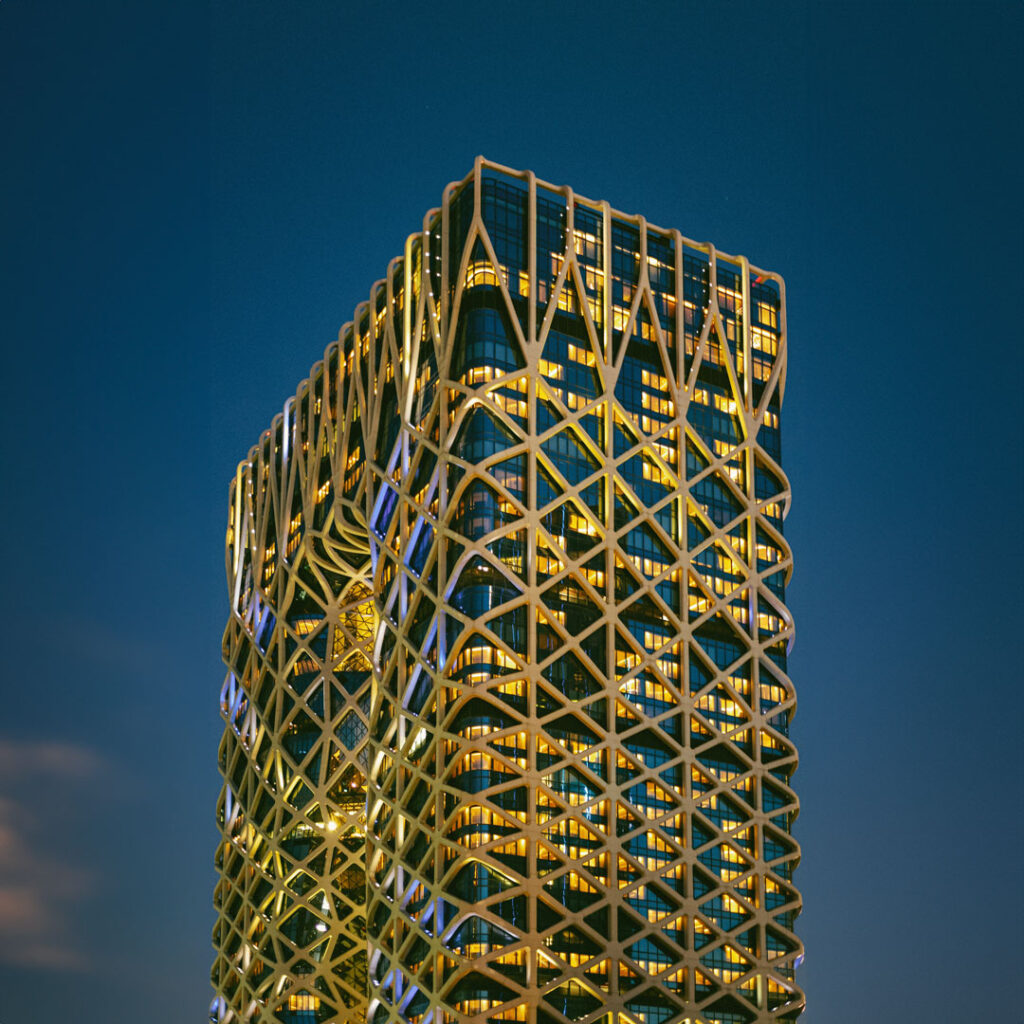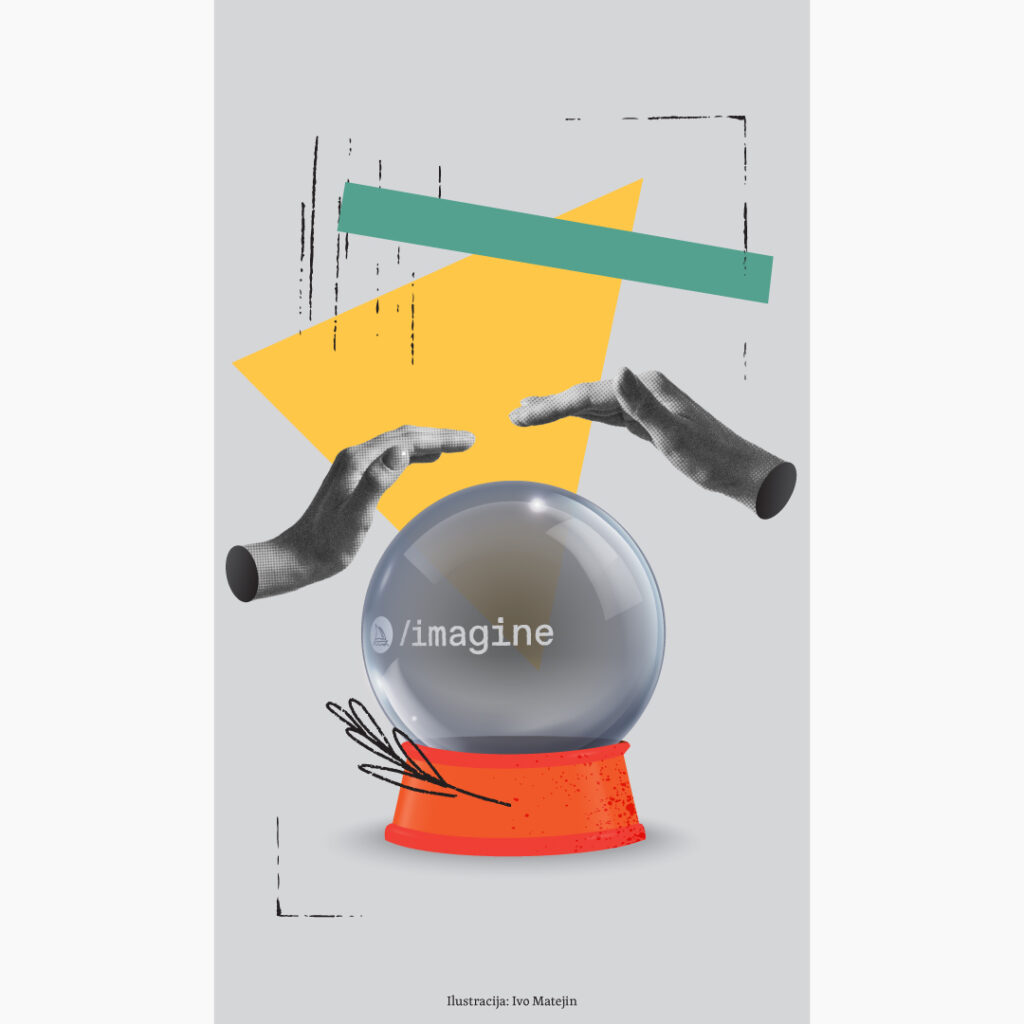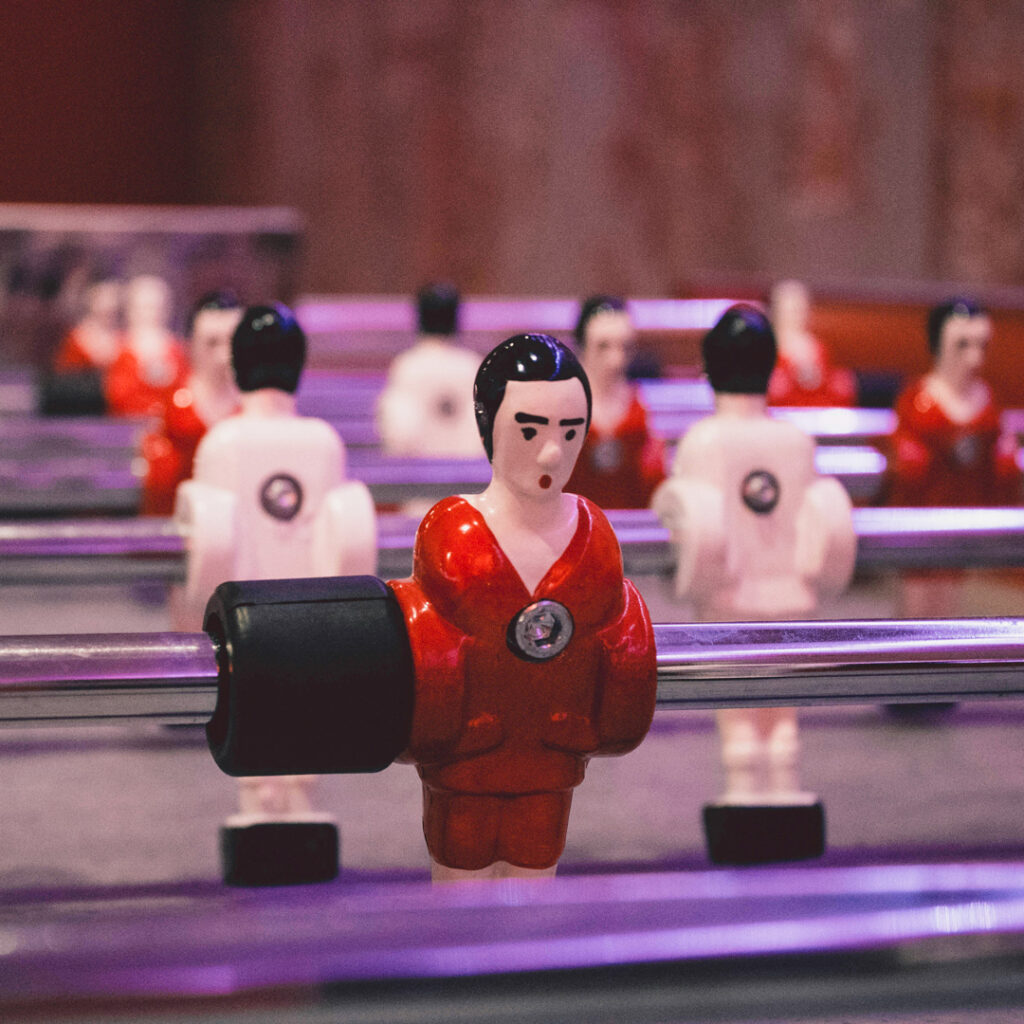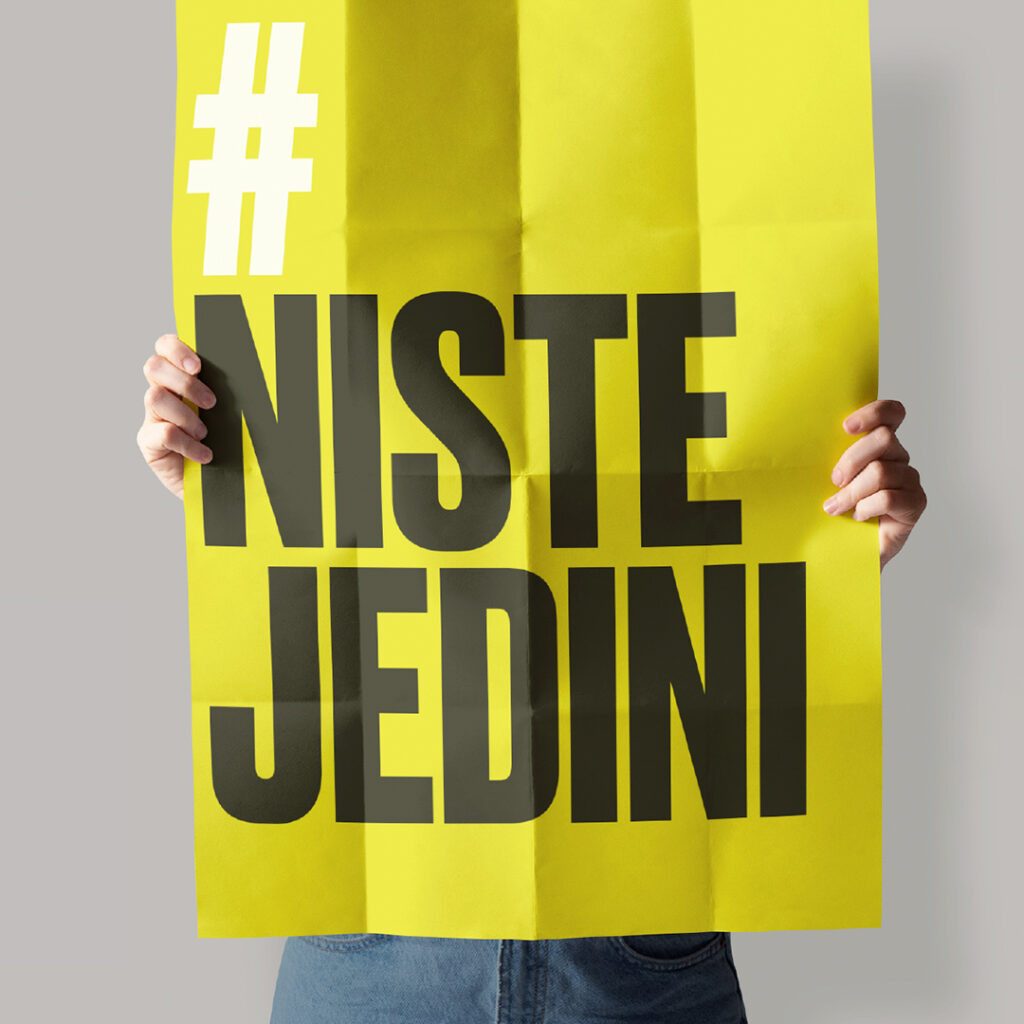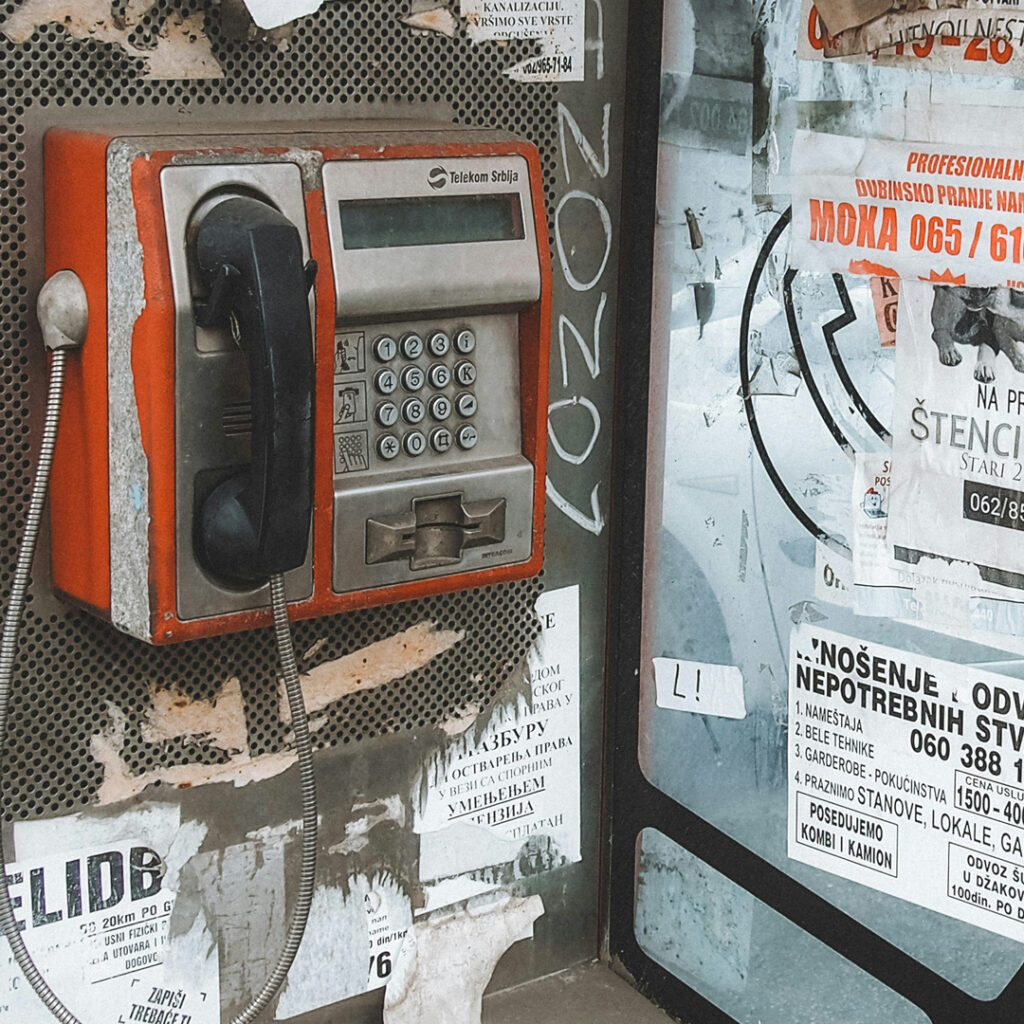Every Serbian summer comes with the same offerings: Arctic-like heatwaves and unlimited ice cream and watermelon. Inevitably, media becomes flooded with stories detailing how Serbian tourists were shocked, scammed, or shortchanged at various global destinations. It’s easy to empathize with these unfortunate compatriots who invested all their hopes (and savings) into those seven to ten precious vacation days—only to have them ruined.
But summer 2025 quietly introduces something more valuable than our famous “It’s not the heat, it’s the humidity” complaints. While everyone flees the city and business calendars thin out, CybHER—a regional British Council program we’re supporting—offers companies a chance to trade their seasonal slowdown for new “digital armor” while opening doors to young women eager for real cybersecurity experience. The concept is simple: host an intern for three months, mentor her, and let the project handle all administrative and financial aspects. From September to December, these young women won’t be counting days until classes resume—they’ll be hunting suspicious domains by morning, discussing zero-trust architecture over pizza at noon, and writing incident reports about blocked brute-force attacks by evening. While peers post beach selfies with “click here to win an iPhone” scams, they’ll know exactly why that link leads to quarantine, not prizes.
The magic starts even earlier. In ten high schools across Serbia, cybersecurity clubs for girls aged 16-19 are sprouting. An eight-week curriculum covers security basics, shatters gender stereotypes, and maps career paths—sixteen life-changing hours that’ll make participants think twice before publicly sharing birthdates or clicking “see who viewed your profile.” For our market, this means identifying raw talent during formative years, long before university.
CybHER’s third tier targets HR practices, helping up to fifteen Serbian organizations overhaul policies for hiring, retaining, and promoting women in cybersecurity—supported by a national conference to share best practices. The circle thus completes: from a high schooler discovering “phishing,” to an intern mitigating real threats, to companies embedding gender diversity not in slideshows but in their operational DNA.
The math is irresistible—one signed agreement buys three months of mentorship with project-funded stipends. The perks? Internal PR boosts, progressive employer cred, and crucially, reduced attack surfaces during peak cyber-threat season (more abundant than Serbian license plates at Evzoni).
While competitors sleepwalk into September, proactive companies are already onboarding Gen Z talents who speak both TikTok and encryption algorithms. In an era where wars rage both physical and digital, investing three months in talent development becomes as obvious as SPF 50—except digital burns scar deeper.
So before declaring summer a “dead season,” let’s rethink. September could greet us with a new generation of cyber-savvy women under our roofs. If firewalls are the new sunscreen, CybHER is this summer’s ultimate protection factor. Companies joining this “summer scheme” early might just avoid scrambling when temperatures—atmospheric or cyber—hit boiling point.




